Your Editor-in-Chief, Mary Tobin, covered IFFBoston as NUFEC press. Her parents so happened to be in town from Iowa during the IFFB weekend, so thankfully many of the NUFEC Blog writing staff stepped up. NUFEC writer and editor, Carter Sigl, contributed several articles, and one article was contributed each by NUFEC member Andy Robinson; Patrick Roos, former Treasurer of NUFEC; and incoming NUFEC Treasurer, Arzu Martinez.
Mary Tobin on The End of the Tour - "In exploring ascension to fame, it explores so much more about the relationship of the interviewer and the interviewee; how both are always assessing one another while potentially drowning in their own self-doubt."
Thursday
Patrick Roos on Being Evel - "If you’re a long-time fan of extreme sports, calculated showmanship, or Hot Rod, you shouldn’t need more than the title to sell you on this movie. For others, you’ll still want to see a man who, when told by the federal government that he wasn’t allowed to jump the Grand Canyon, went out and bought a canyon of his own to jump."
Mary Tobin on Slow West - "There were a lot of deaths and there was some commentary on outlaws and children, but really nothing that I felt was phenomenal. I feel very indifferent towards the film, unfortunately. "
Mary Tobin on T(error) – “...it appears no one is watching the organizations that have systematically gained vast amounts of power and influence especially in the criminal justice system… which feels anything but just, especially in this context. While I’ve seen many fantastic films at this festival, this is the breakout; this is the film I want to watch again and again. "
Friday
Mary Tobin on Do I Sound Gay? - "... the film was a fascinating take on the impact of the voice, from scientific examinations of intonation to the use of the “gay” voice in film. The cultural impact and assessment was the most intriguing..."
Coming Soon: Mary Tobin on The Surrender
Carter Sigl on The Overnight – “If you and a few friends want to see an awful American sex comedy, by all means see this movie. Otherwise, I would say this one is a pass… Unless of course you want to see Jason Schwartzman’s dick, in which case this movie will happily oblige.”
Carter Sigl on They Look Like People – “A chilling psychological horror, They Look Like People is a terrifying picture of what it feels like to struggle with schizophrenia.”
Saturday
Mary Tobin on Prom Night - "With a light, airy soundtrack, this comedy short about the sexual expectations accompanying prom night delves into the insecurities of an inexperienced young man with a fresh feel."
Mary Tobin on Hasta La Vista - "This quirky, hilarious short with a quick-witted premise could easily be too sad or too overdone, but manages to walk a comedic line throughout."
Mary Tobin on Help Point - "Two strangers looking for their cars in an airport parking lot cross paths and lament over their common woes."
Mary Tobin on Ticky Tacky - "I’m all for a film set exclusively in an office-library featuring a precocious child who shares a murderous streak with his enigmatic boss, so it was pretty exciting all around."
Mary Tobin on Desk Job - "The film managed to feel familiar without feeling overindulgent for the most part. It felt like the person who made this maybe had to convince their parents that they should be able to work in film rather than have a stable job at a large corporation..."
Mary Tobin Actor Seeks Role - "Alex Karpovsky’s portrayal of a man going off the rails for his craft feels natural, albeit disturbing. Dylan Baker may have stolen the show, though, as his medical instructor excitement flew off the screen."
Carter Sigl on H. - "...the thing about this movie is that it’s a tease. All these strange things happen, and even if they are interesting or occasionally frightening in the moment, nothing is ever explained..."
Mary Tobin on Lost Conquest – “The most exciting part of this film is, thankfully, the meatiest part: interviews with puzzlingly genuine, thoughtful, and warm people that respectfully held differing beliefs."
Carter Sigl on Wildlike - "Combining a well-written plot with a cast of experienced actors, Wildlike is a touching drama film about two people who start as strangers and slowly come to care for one another...Wildlike is a beautiful film, on both a visual and emotional level..."
Coming Soon: Mary Tobin on Stray Dog
Mary Tobin on Crooked Candy - "It feels rare that a voiceover short film shot largely in the same room and with limited visual engagement of the single subject could so quickly and delightfully engage, but engage it did."
Carter Sigl on DEATHGASM - "DEATHGASM is ridiculous, hilarious, extremely gory, and downright awesome. It’s a horror movie and splatter comedy based entirely around Heavy Metal music which does not take itself seriously in the slightest and runs entirely on sheer mayhem and absurd comedy...All in all, DEATHGASM is one of the funniest and most fun movies I’ve seen in quite a long time."
Sunday
Carter Sigl on Made in Japan - "Directed by John Bishop, Made in Japan is probably one of the most unlikely stories of either Japan or country music I’ve ever seen. The documentary charts both Tomi’s history in the music industry and her contemporary quest: to play on the Grand Ole Opry one last time."
Mary Tobin on The Look of Silence - "This companion piece to The Act of Killing is just as difficult to watch as the original installment, if not more so. That’s not to say the film isn’t fantastic in it’s ability to confront human emotion and what we expect of humanity in a striking tone; it is."
Carter Sigl on The Keeping Room - "All in all, The Keeping Room is a beautiful and terrifying film about women and war, a topic that sorely needs more attention and examination in our culture."
Monday
Mary Tobin on Lost Colony - "I really wanted to like this film, but the combination of frustrating camera choices and a wandering plot with many touched on but underdeveloped subplots was too much for this 84-min film to handle."
Arzu Martinez on Posthumous - "In their conversations, there are brief mentions of questions that could have made the story deliver, like the definition of art and its value, the difference between a real artist and a sell-out, or whether an artist should strive for greatness or happiness."
Mary Tobin on The Hermit - "Unfortunately, The Hermit felt too disorganized to pack much of a punch. For such a ripe and unique story, the exploration felt conventional and surface-level."
Carter Sigl on Future Shock! The Story of 2000 AD - "Overall, Future Shock! is a fascinating and entertaining story about a realm of geek culture I knew next to nothing about."
Tuesday
Andy Robinson on The Wolfpack - "Moselle positions herself as a fly on the wall in the claustrophobic apartment, but is shy about addressing her influence on the family dynamic. As the first and only guest in their apartment, it’s hard to believe that Moselle was merely an observer throughout several years of filming."
Wednesday
Mary Tobin on Me and Earl and the Dying Girl - "You can read this review in its entirety, but I’ll save you some time if you’re a busy person on a train or something and you’re reading this in a hurry: go see this movie."
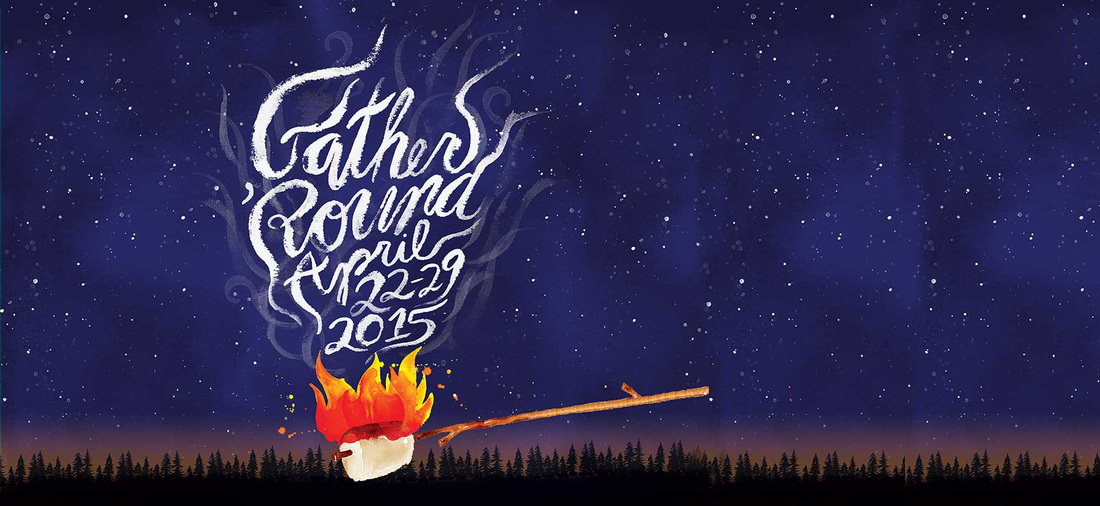
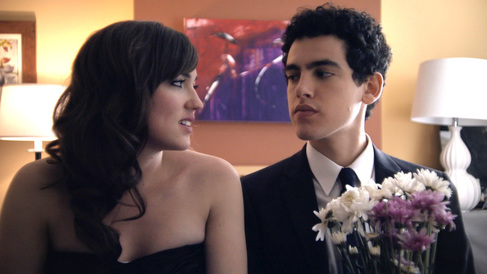
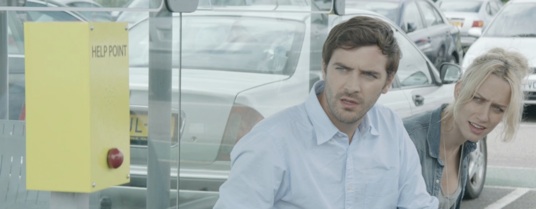
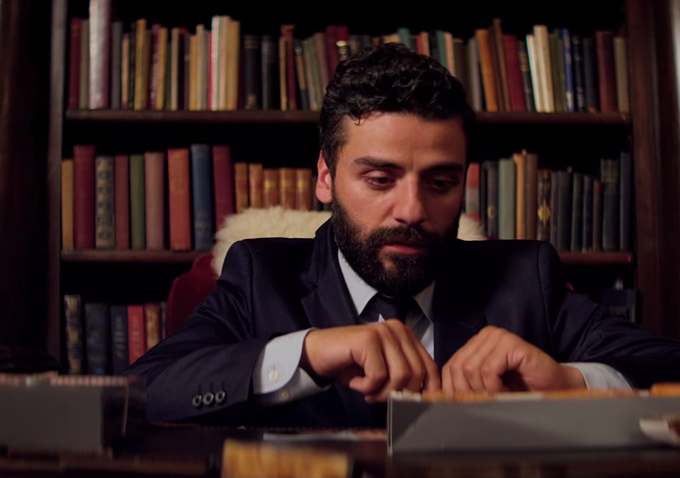

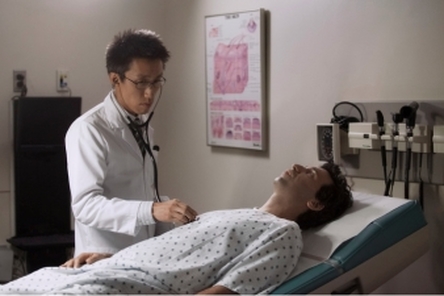
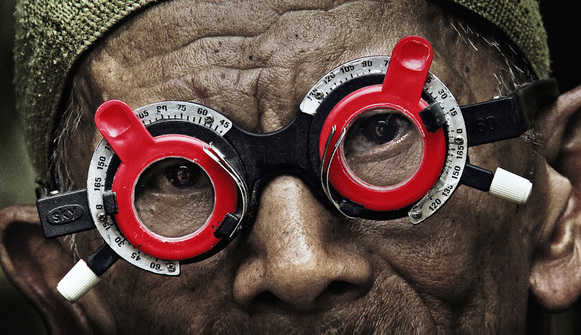
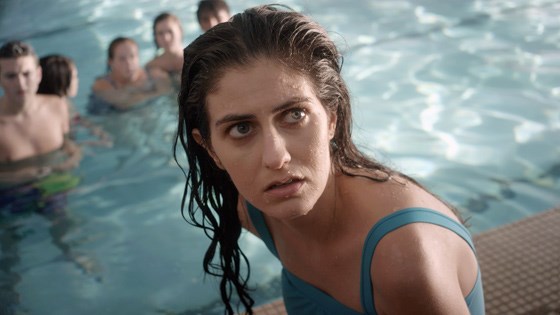
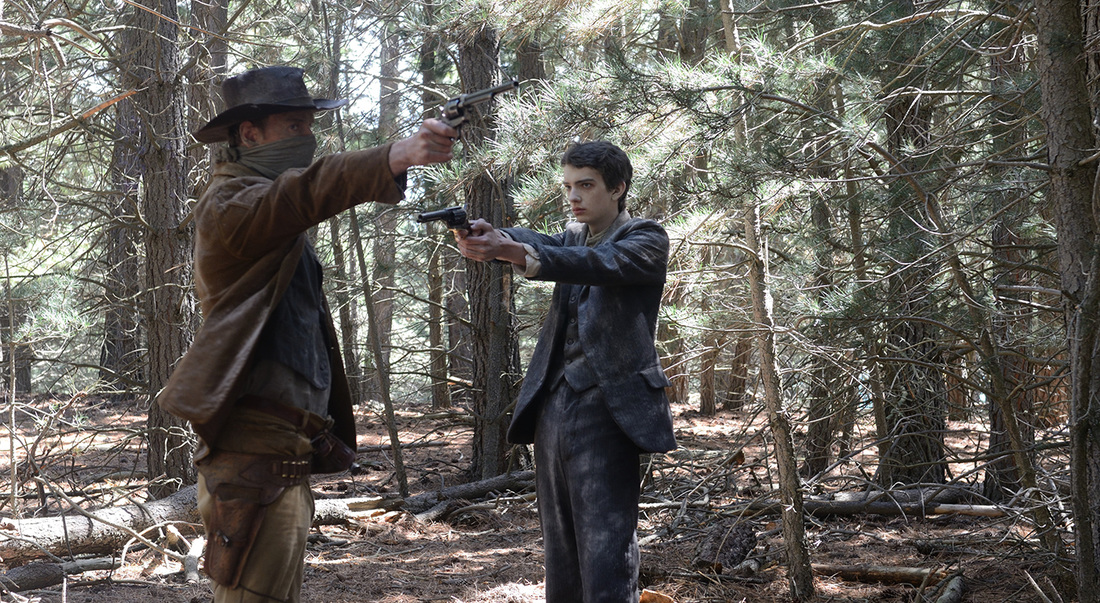
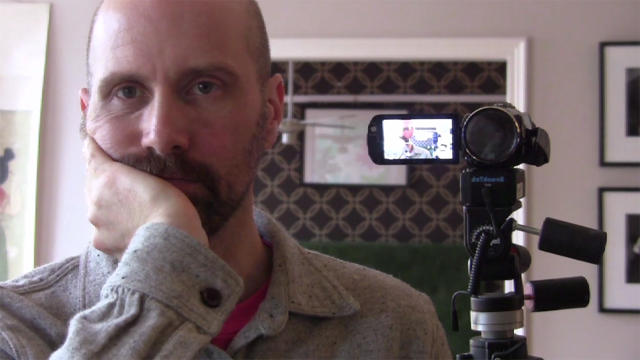
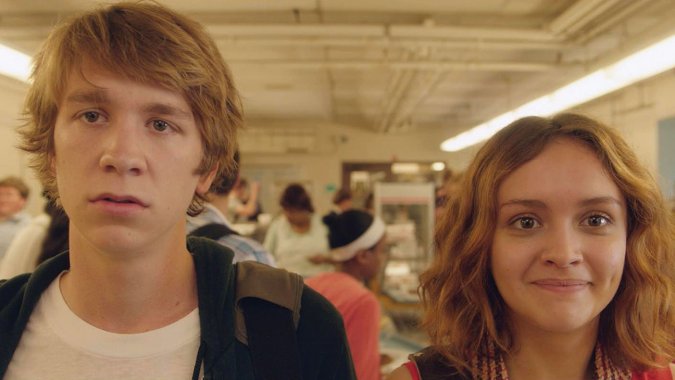

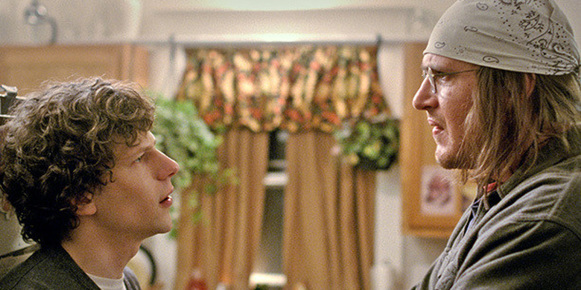

 RSS Feed
RSS Feed
